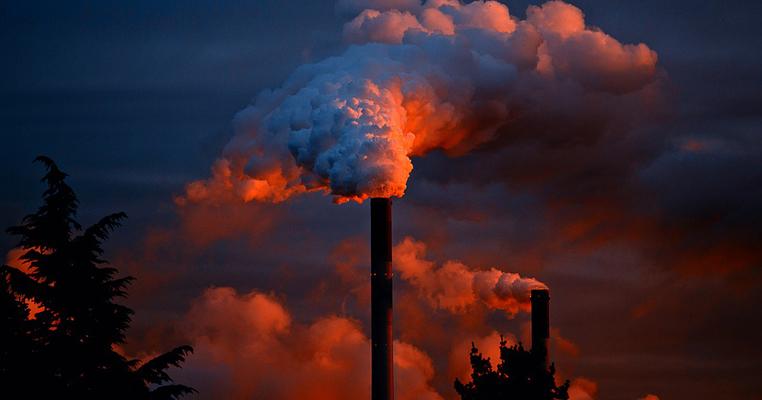
The Climate-Health Connection: Environmental Pollution (VIDEO)
Fossil fuels. We know them today is a key culprit behind the climate crisis, but oil, coal, and natural gas have another dirty side effect: chemicals that show up in the air we breathe and the water we drink.
The carbon dioxide driving the climate crisis isn’t the only pollutant billowing from power plant smokestacks around the world.
Lead. Sulfur dioxide. Ozone. You name it.
Exposure to these pollutants puts entire communities at greater risk of lung cancer and other respiratory diseases – and can be particularly damaging to both pregnant women and very young children.
The threats come in many ways. Coal power plants spew chemicals like mercury, sulfur dioxide, and lead into the air. These pollutants that can then spread thousands of miles.
But the threat to the communities closest to the plants themselves is much more immediate: a recent study revealed the vast majority of existing US coal power plants are contaminating nearby groundwater with carcinogenic pollutants.
“In all, nine out of every 10 coal plants [in the US] with reportable data have tainted nearby groundwater with at least one coal ash pollutant, with a majority having unsafe levels of at least four different toxins,” The Guardian reported in March of this year.
“A stew of pollutants emanate from coal ash, including cadmium, cobalt, chromium, and lead, as well as arsenic and lithium. These toxins are linked to a range of health conditions, including cancers, kidney damage, and developmental problems.”
WATCH:
What's happening below the ground level isn't any better.
The process of extracting natural gas – known as “fracking” – involves pumping dangerous chemicals like benzene directly into the earth. These chemicals, which are often kept secret from the public, can and do seep into drinking water, putting communities at risk of countless health problems from cancer to neurological disorders in children.
Pregnant women exposed to these chemicals have their babies exposed to during critical stages of development. The result can be children born prematurely or undergrown.
Out of the womb, growing kids remain vulnerable, spending more time playing outdoors and getting exposed to more pollution. The most critical time for brain development for children happens through the first six years of their lives – and studies show the impact of pollution can last the rest of their lives with increased risk for lower development and IQ scores, cognitive delays, and even the autism spectrum disorder.
As adults, they may face an increased risk of chronic illnesses such as diabetes and heart disease. Mines, refineries, and pipelines are also typically built near low-income communities, whose residents suffer the greatest risks for heart disease, stroke, and asthma.
And of course, leaks spills and explosions happen all the time, and when they do those chemicals go right into the earth, poisoning the environment including the water we drink.
>> Free download: Beginning the Climate Conversation: A Family’s Guide <<
The point is this: It’s clear that the impacts of the climate crisis could have unique, serious, and potentially alarming repercussions for public health all over the world – and in turn, the very future of our planet.
The good news is that there’s plenty we can do to both reduce our contribution to environmental pollution and future climate change while protecting health and well-being all over the world.
And it starts with you.
Learn more about what you can do by joining our email list for the latest climate news and actions you can take.

